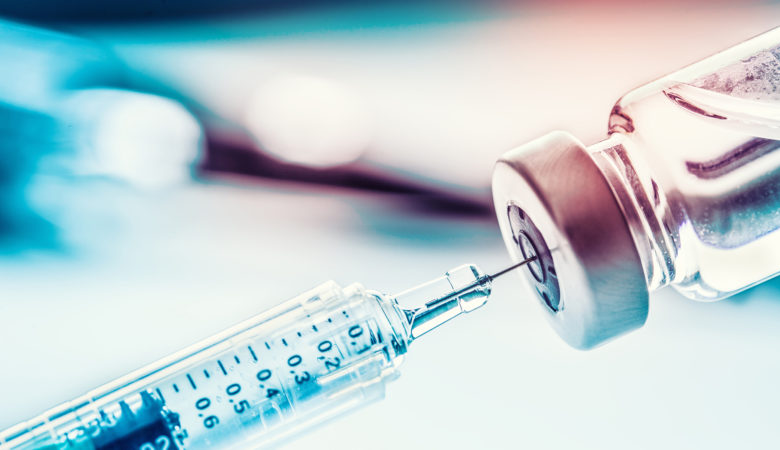PRA Statement on the TRIPS Waiver Decision for COVID-19 Vaccines at the WTO
WASHINGTON – 6/17/22 – “The World Trade Organization’s decision to suspend intellectual property rights for COVID-19 vaccines is short-sighted and sets a dangerous precedent for the future of global health. A flourishing system of IP rights not only allowed for novel vaccines to be created in record time but also allowed global vaccine supply to quickly surpass vaccine demand. Unfortunately, rather than addressing the real problems which still persist today, such as last-mile delivery, vaccine hesitancy, and burdensome trade barriers, the WTO has chosen to break down the very system that allowed the vaccines to be created,” said Lorenzo Montanari, Executive Director of Property Rights Alliance.
“In the United States, 28 vaccines, 100 treatments, and 77 antiviral covid-19 treatments have failed clinical trials. Their success rate is much smaller than the average of 12 percent of new drugs that make it through from development to store shelves. Considering the average cost of 12 years and $2.6 billion to develop one new drug, the right of innovators to own for a limited time their respective discoveries is crucial to offset the risk of research and development and also promote future innovation. A waiver of IP rights for vaccines today will only ensure a smaller pool of potential vaccines tomorrow. This waiver is a step backward for global health and pandemic preparedness,” said PRA Policy Analyst for Intellectual Property and Trade Philip Thompson.
“The waiver itself also invites a mockery of the WTO rules-based trading system and its membership. For instance, footnote one discourages developing country members with existing capacity to produce vaccines from using the waiver. When in fact the developing country members that match this description (China, India, and South Africa) were the chief proponents of the waiver and are expected to be the first and possibly only countries to use it,” said Thompson.
“The TRIPS agreement secured a global minimum for the protection of intellectual property rights and has allowed artists, inventors, and small businesses in the developing world to reach national and global success. Every year the International Property Rights Index finds robust correlations between a nation’s protection of intellectual property and its competitiveness, the size of its biotech industry, and innovation on a global level. If developing countries want to participate in the global process of vaccine research and discovery, participate in high-tech pharmaceutical supply chains, and have the capacity to produce next-generation medicines the message is simple: improve intellectual property protections. Instead, the WTO has chosen the opposite, the waiver has ruptured the global capacity for innovation, putting public health at grave risk when the world inevitably faces the next pandemic,” said Montanari.
###
Photo credit: Alachua County

